CONTACT US: 0919 058 5858 | 02 899 51920
CONTACT US:
0919 058 5858 | 02 899 51920

Sprinkling salt on food creates a burst of flavor for the taste buds and sends signals to the brain’s focal pleasure center. It is no wonder that Filipinos love adding generous amounts of salt to almost everything they cook. This enchantment for salt is understandable since salt is abundant in the country. After all, the Philippines is surrounded by oceans and seas.
Pinoys also enjoy using salt to ferment and preserve food. For example, salt is used to make dried fish like tuyo and other dried seafood, itlog na maalat (salted egg), and cured meats (tocino, longanisa, etc.).
Pinoys are also fond of salty condiments and dipping sauces such as toyo (soy sauce), patis (fish sauce), and bagoong/alamang (fermented fish or shrimp paste) to come up with a full flavor.
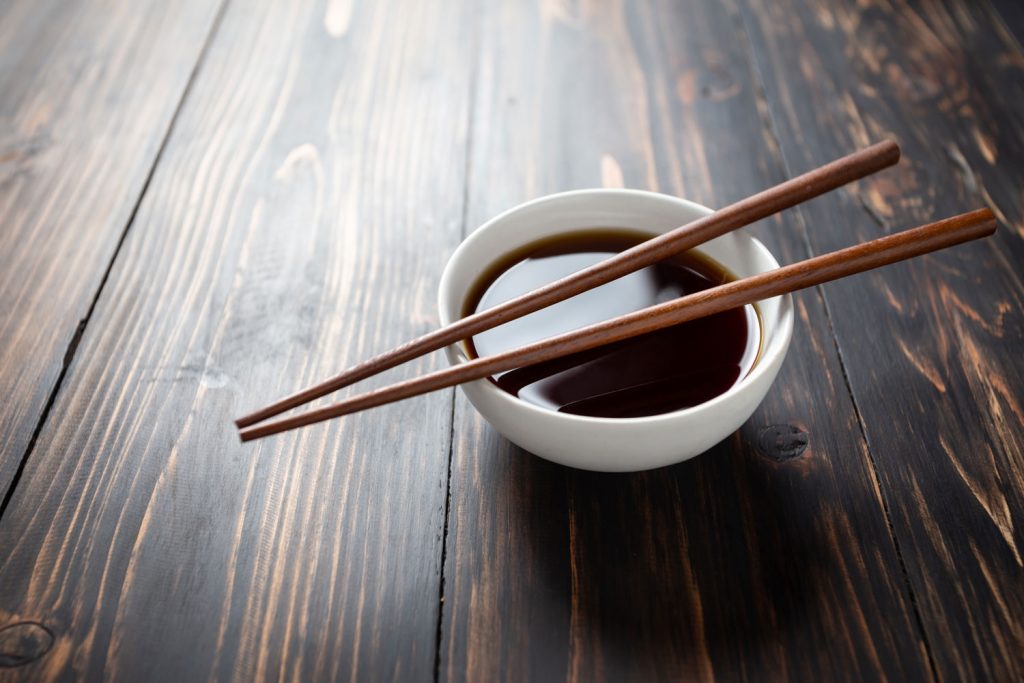
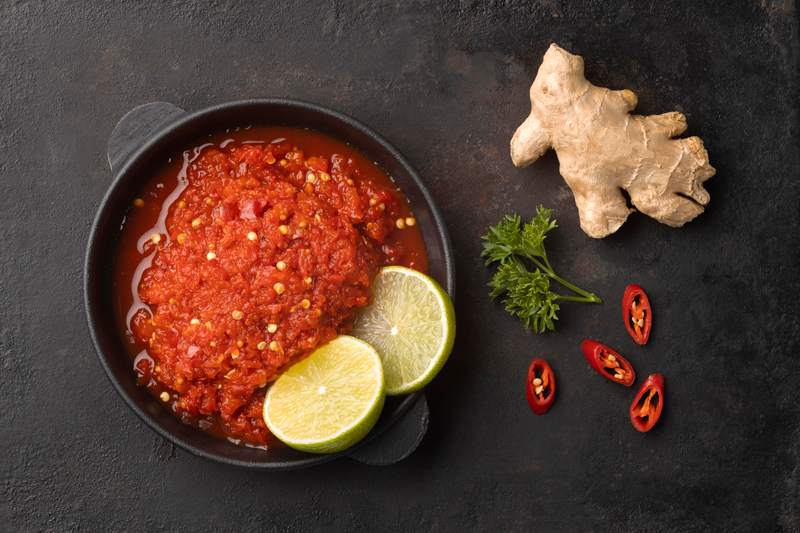
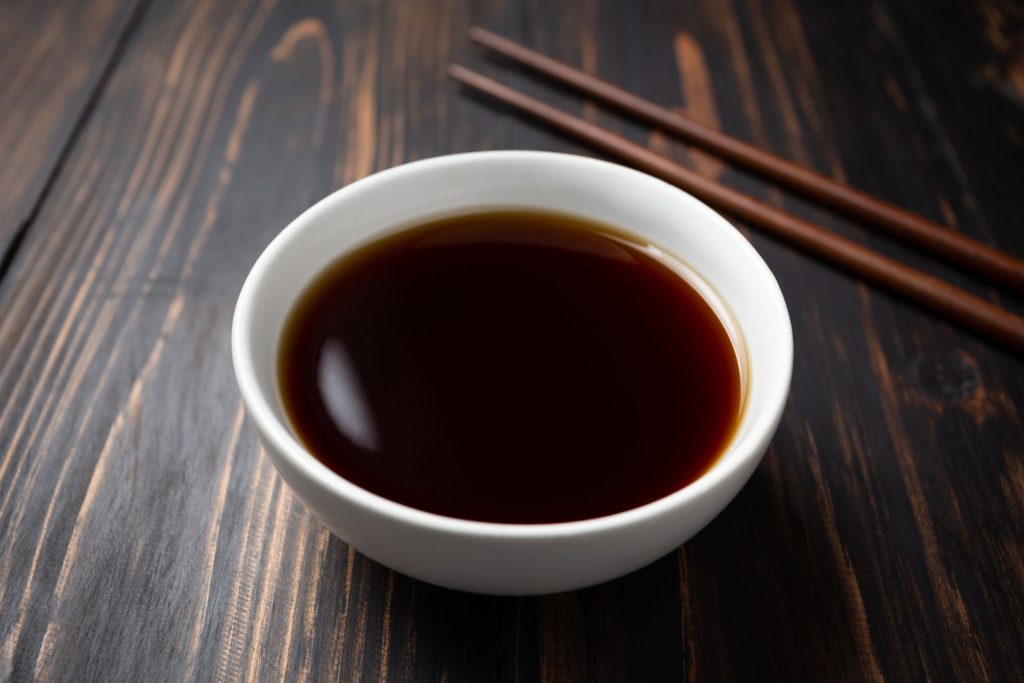
The human body needs a small amount of sodium to transmit nerve impulses, enable the muscles to contract and relax, and promote the right balance of water and minerals. However, excessive amounts of salt are bad for your health.
Too much salt in your diet can raise your blood pressure, which can increase the risk of stroke, heart disease, kidney stones, and other kidney diseases. It can also result in calcium losses that can increase the risk of osteoporosis. Excessive salt consumption is also known to trigger migraine, a throbbing headache, in some people. Too much salt can also retain fluid and result in the bulging of the veins in the anus which can make hemorrhoids worse. In addition, high salt intake has also been linked to stomach cancer. Keep yourself and your family safe and protected from health emergencies by getting a Health Assure Plus Family Plan.
According to the World Health Organization (WHO), adults should not consume more than 5 grams of salt per day. However, the average Pinoy consumes more than twice WHO’s recommended limit – about 11 grams of salt per day (4,263 milligrams of sodium). This excessive salt consumption is one of the reasons why strokes and cardiovascular diseases are prevalent among Filipinos.
WHO’s salt reduction strategy based on the SHAKE acronym:

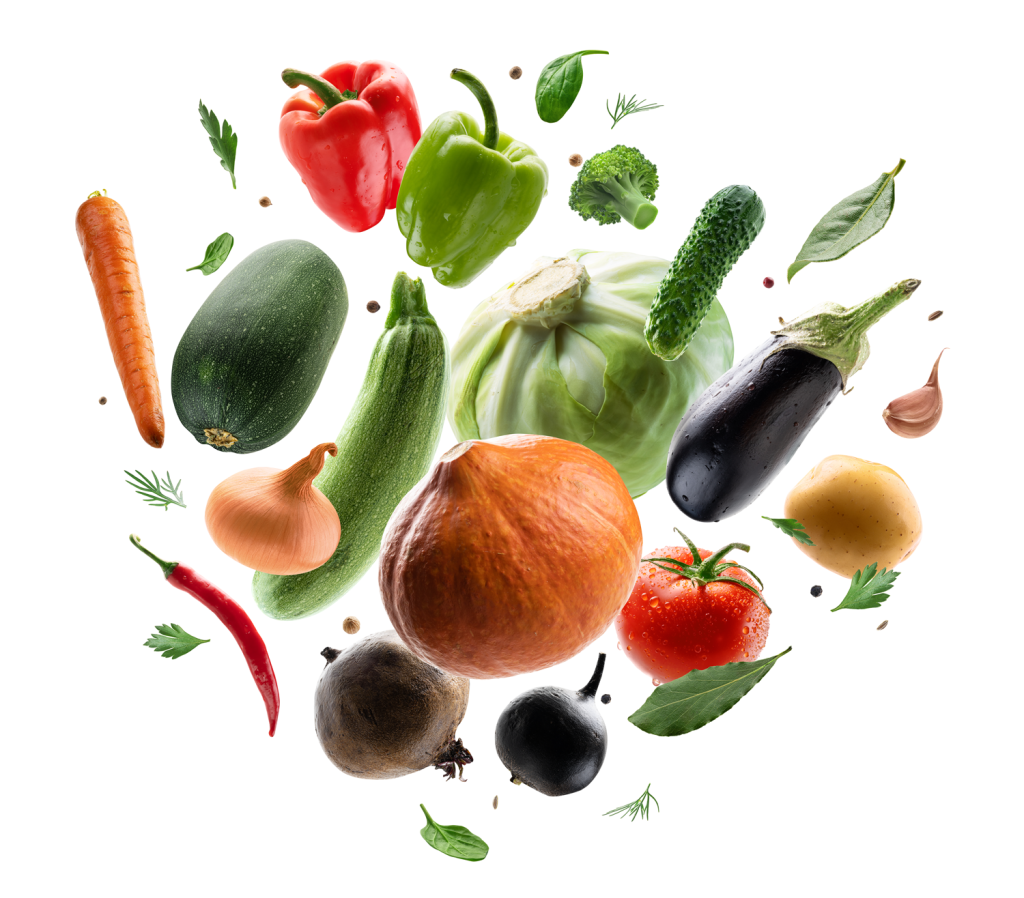
By making these simple changes, you can reduce your salt intake and improve your health.
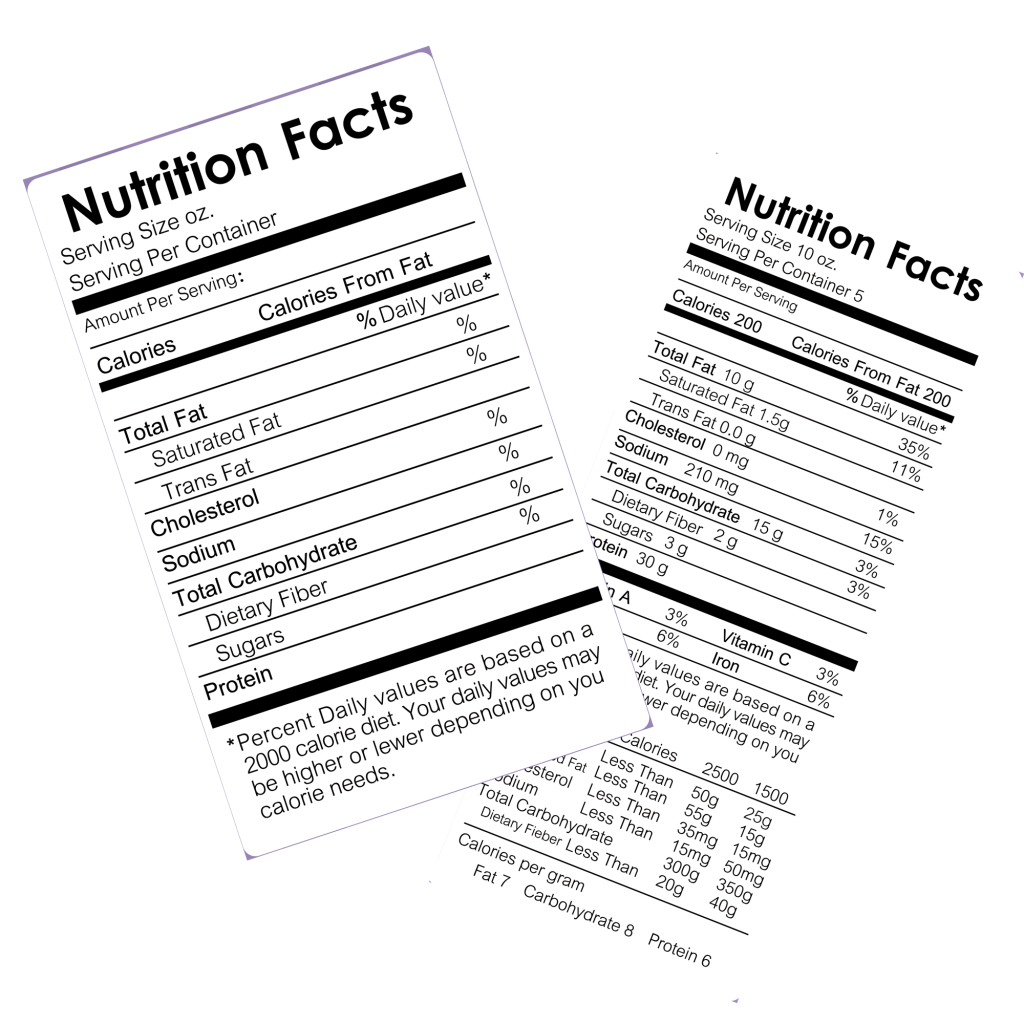

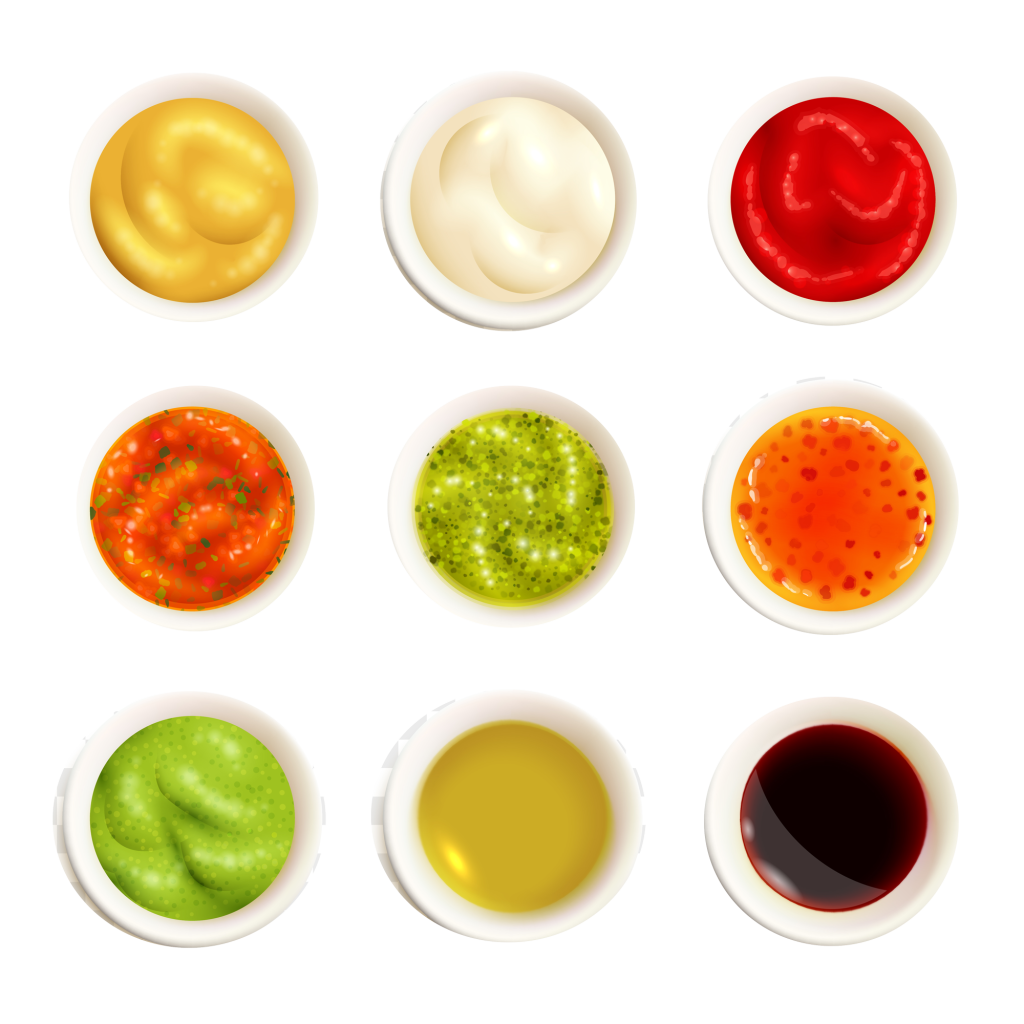




Easy access health plan options for the Filipino community.
We know finding the right healthcare plan can be a complex and confusing task.
Our health plan specialists are always here to help 24/7.
Got more questions?